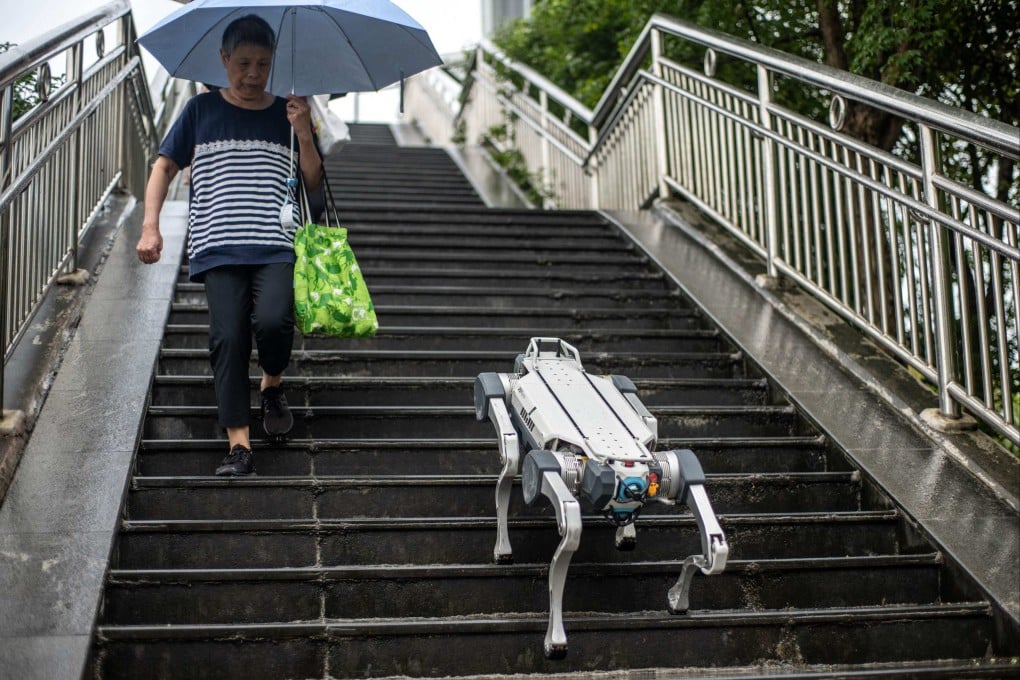Advertisement
Opinion | Tech divide? China’s AI cities show how hi-tech is improving lives
- The tech marvels on display at the Asian Games in Hangzhou are not a one-off, the city is just one of a number in China that have embraced AI for social good
- Governments should take note: the true measure of AI success is not in the sophistication of algorithms but how equitably benefits are distributed
Reading Time:4 minutes
Why you can trust SCMP
3

The rapid rise of artificial intelligence (AI) seems to be casting a shadow of economic disparity. Celebrities reportedly earned as much as US$5 million for just six hours of work as tech giant Meta paid to use their likeness in its AI assistants.
Such extravagance raises an unsettling question: does AI’s evolution mean an exacerbation of economic inequalities?
True, AI has the potential to worsen social divides. But governments can also choose to steer the technology towards more equitable and inclusive outcomes. Cities in China, for instance, are cultivating smart, digital economies that aim to benefit society.
Hangzhou recently hosted the 19th Asian Games, showcasing the latest in AI, augmented reality (AR) and cloud computing. The discus-fetching robot dogs, driverless buses and even a digital torch bearer may look like a spectacle drummed up for the special event. But the extensive technological preparations pre-games are part of a systematic policy approach to improving livelihoods.
The Zhejiang provincial government’s two year-plan (2022-2024) focuses on building Hangzhou – where Alibaba Group Holding (owner of the Post) is headquartered – into a trailblazing AI city. In the works are a “city brain” to augment the application of AI in social welfare and digital governance, and industry standards on data usage.
Applying big data analysis to commercial activity can also help the authorities spot the growth points and even help the energy transition.
Advertisement
